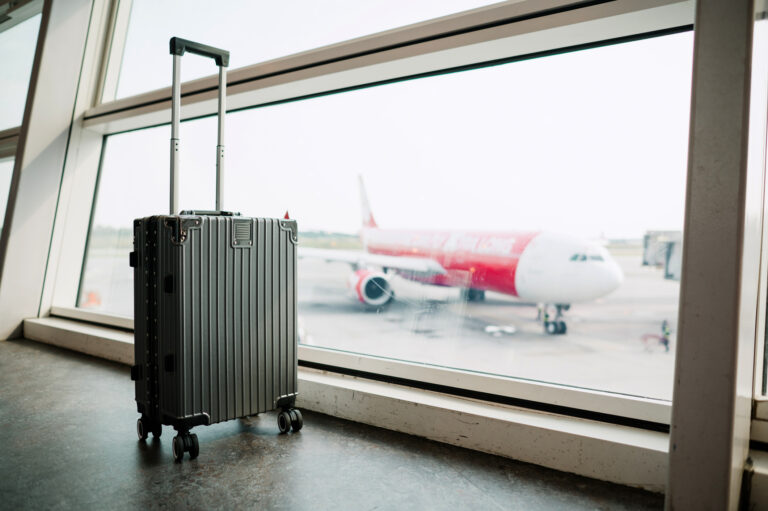The new year is the perfect time for taking a well-deserved holiday, or perhaps you’re planning vacations for the year ahead. While booking time off is exciting, it’s even more important to ensure your plans are legitimate so you don’t end up the victim of a travel scam.
“Scammers often lure travellers with discounted travel packages that promise luxurious accommodation, exclusive deals, or free prizes, only for the victim to realise none of it was true,” explained COBA’s Acting Chief of Financial Crimes and Cyber Resilience, Martin Latimer.
To help ensure your holiday plans go ahead, COBA’s financial crimes team share expert tips on how to identify and avoid travel scams.
What is a travel scam?
A travel scam entices travellers with cheap flights and accommodation offers, free vacations, or exclusive holiday rentals that promise the holiday of a lifetime. Scammers create fake listings for popular travel destinations that mimic legitimate online travel agencies, often requiring payment upfront or request unusual and unsecured methods of payment that scam victims out of money.
Travel scams can take many forms, including:
- Fake travel websites, booking platforms or rental listings advertised online.
- Unsolicited calls or emails offering free or heavily discounted luxury vacations.
- Fraudulent online marketplaces where scammers demand upfront payments for non-existent bookings.
“These fake travel deals target victims booking big overseas holidays or short domestic trips, so it’s important to ensure you’re using reputable sites and avoid any requests for suspicious methods of payment,” Martin says.
“Once the victim hands their money over to the scammer, they may discover the deal doesn’t exist, the accommodation listing was fake, or – upon arrival at the destination – realise it’s nothing like what was advertised,” he adds.
Tips to protect yourself
- Do your research: Verify the legitimacy of travel websites, agencies, or accommodation listings by reading reviews from other travellers or ask for proof of the agency’s accreditation or certification. Beware of listings with limited photos, vague descriptions, or deals significantly cheaper than market rates.
- Be sceptical of unsolicited travel offers: Avoid holiday deals that seem too good to be true, especially if they’re unexpected. You may receive emails notifying that you’ve won a free vacation and ask you to click a link to claim the prize – this is likely a scam, especially if you haven’t entered any competition.
- Use secure payment methods: Avoid transferring money or paying through untraceable methods like gift cards or cryptocurrency.
Stay vigilant during travel
Remember, travel scams don’t stop once you’re on holiday as scammers can lurk in popular tourist destinations and trick travellers looking to use common services or holiday activities. These can include:
- Taxi scams.
- Vehicle hire scams.
- Wrong or overcharging scams.
- Credit card skimming.
- Pickpocketing and theft scams.
- Visa scams.
- Fake ticket scams.
- QR code scams.
- “Carry my bag” scams.
More information on how these scams occur and how you can protect yourself is found at Smartraveller.
What to do if you suspect a scam
If you encounter a potential scam, report it to ScamWatch.gov.au to help protect others from falling victim. If you’ve been scammed, immediately notify your bank or financial institution.
Customer-owned banks are dedicated to safeguarding their customers from scams and fraud. In November 2023, 55 mutual banks and credit unions demonstrated this commitment by joining forces to launch the Scam-Safe Accord with the Australian Banking Association. This industry-wide initiative represents a united front against scammers and reinforces the banking sector’s determination to strengthen consumer protection. Find out more about the Scam-Safe Accord here.
